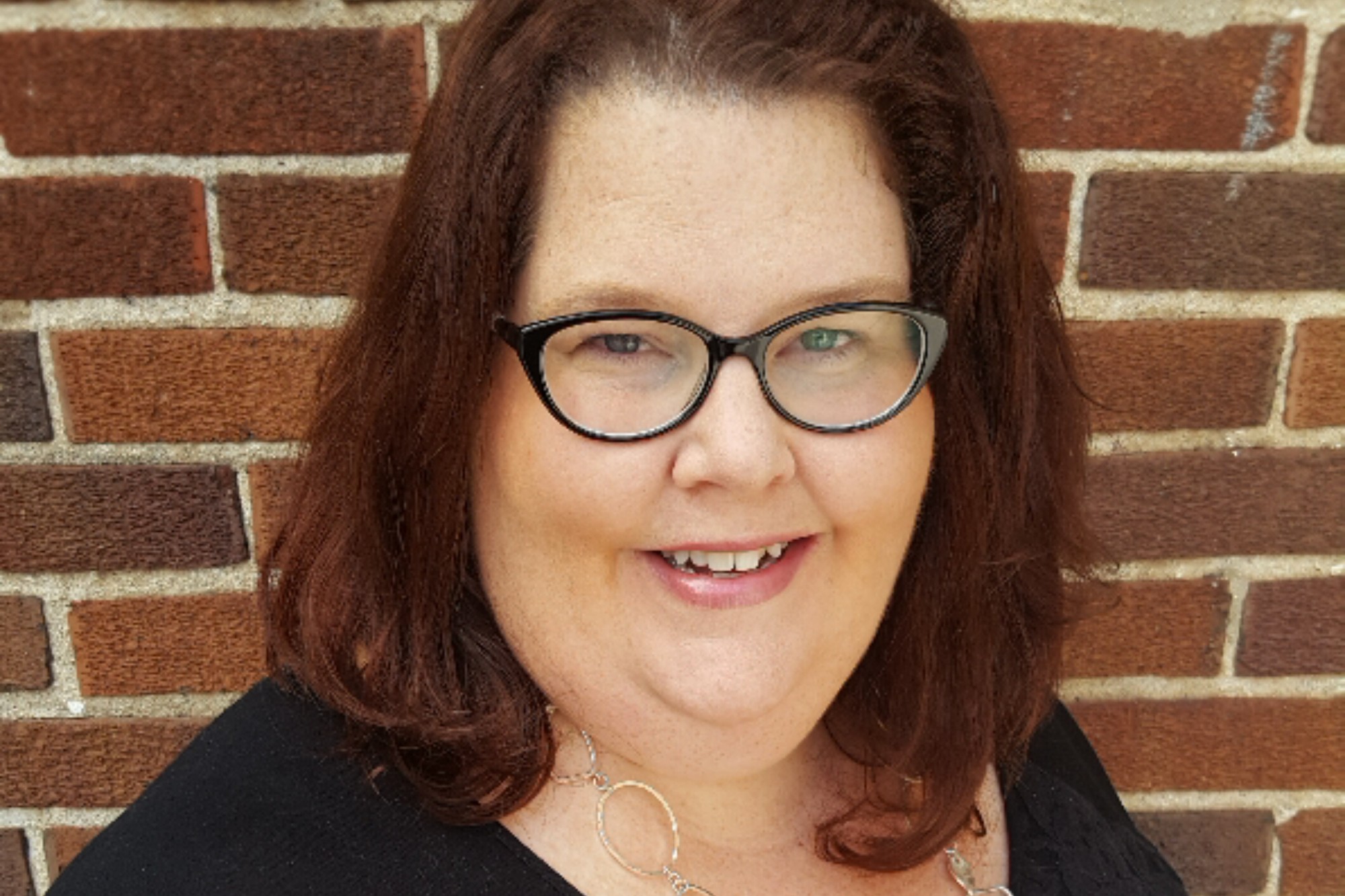Nicole E. Jacobson has experienced firsthand the impact of aquatics on a child’s or teen’s life. In high school, she took lifeguarding and water safety instructor training as part of her physical education.
“I was raised by a single mom who worked three jobs, attended university full-time and cared for me and my two sisters,” says Jacobson, who has been in the aquatics industry for 31 years. “If it weren’t for the training I gained in high school, I wouldn’t be where I am today.”
She now serves as the manager of citywide programs for Milwaukee Recreation in Milwaukee, Wisc., a promotion she accepted in 2020 after 16 years as aquatics supervisor. Before joining the department full-time, she worked seven years as a bilingual teacher in the Milwaukee Public Schools.
Jacobson has always actively worked to remove barriers and offer employment opportunities to marginalized and underrepresented communities. Access to pools, she says, makes a big difference in the lives of so many.
“One of the most exciting components of my career has been to witness the evolution of TEAM SWIM in our department and to watch staff climb the ladder of opportunity in aquatics,” Jacobson says. “We have staff who came to us from local high schools to serve as a lifeguard, only to work their way up to serve in a leadership capacity.”
When she began her supervisor role in 2004, she said, more than 90% of the approximately 100 team members were Caucasian. By 2010, people of color and individuals from underrepresented communities comprised more than half of the aquatics team.
As a first step toward removing barriers, she let go of the prerequisites normally observed in aquatics centers. “You’re not going to be able to walk into an urban school district where poverty and unemployment are running rampant, and access to pools has been restricted or denied, and find someone who can swim 300 yards continuously,” she says. “You need to look more deeply than that, and open up the opportunity for youth and teens to learn (to swim) and to work.”
Where learning to swim is involved, waiting for high school is too late. USA Swimming found that if a child does not learn by age 10, they have only a 10% chance of ever doing it. So this spring, Milwaukee Recreation plans to launch a day school program to introduce third-grade students to swimming.
Still, Jacobson drives home the importance of teaching people of all ages. “There’s a pattern of generational trends, according to data from the American Red Cross,” she said. “If the parents don’t swim or don’t know how to swim, the kids are 80% likely not to swim.”
To span the generations, Milwaukee Recreation now offers family swim classes, which allow parents to swim with their kids who are 10 or older. Youth this age, according to Jacobson, have enough independence to learn alongside their parents in the pool. These comprise some of Milwaukee Recreation’s most well-attended classes.
Jacobson also emphasizes the importance of building relationships with staff, the community, and really with anyone who crosses your path.
Aquatics managers have the opportunity to address the mental health issues that children and teens face from attending class remotely and missing human connection.
“Walking into a pool and being genuine, really wanting to know how your team members are doing and what their lives are like can often have a bigger impact than anything else,” she says. “Ask questions, find out what’s going on. If you take the time to dig deeper, you can make a true impact on the complex issues facing youth.”
Jacobson and her team paid particular attention to these issues when partnering with the American Red Cross as part of its Centennial Campaign in winter 2020. The team found that four of the city’s 12 pools attracted only 20 patrons. Working with the Centennial program, Milwaukee Recreation launched a targeted marketing campaign and offered a full suite of eight swim lessons to families for only $5 (with the Centennial grant money funding the rest). Now enrollment at the four pools has skyrocketed to 400 patrons.
When Jacobson isn’t focusing her efforts and skills on aquatics, she can be found spending time out of the water with her rescue Welsh Terriers, GiGi and Lillith Louise.



